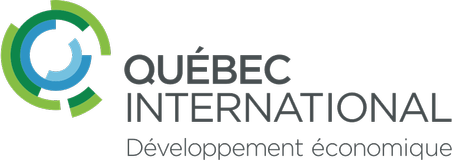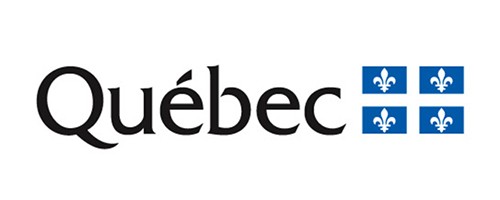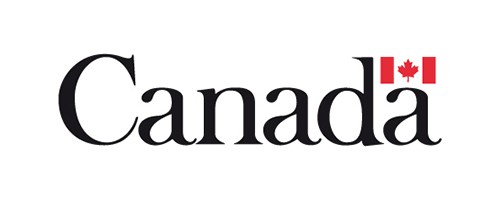The rapid deployment of AI agents places them in high-stakes interaction with humans and with each other (e.g., autonomous driving, web negotiation, policy support). Ensuring safety—alignment with human interests—requires moving beyond a single “universal values” target. Adopting the “polychrome quilt” perspective (Leibo et al., 2025; Rorty, 2021), we frame alignment as conflict management across plural, sometimes incompatible values. This motivates a game-theoretic and reinforcement-learning lens that acknowledges real-world complexity; yet in such contexts, naïve RL often converges to undesirable equilibria (e.g., mutual defection; Foerster et al., 2018). In this talk, I present our efforts toward scalable opponent-shaping methods—Advantage Alignment and extensions—that steer learning dynamics toward robust, cooperative, pro-social equilibria, and discuss implications for LLM-based negotiation and shared-resource dilemmas.
Retour au calendrier
From Conflict to Cooperation: Game-Theoretic Strategies for Aligning AI Agents
mercredi 12 novembre 2025, 09:15 à 10:15
Lieu
Terminal de croisières de Québec
84 Rue Dalhousie, Québec, QC G1K 4C4
Salle
Salle Videns, propulsée par COFOMO

Aaron Courville
Directeur scientifique
IVADO
Aaron Courville est professeur au Département d'informatique et de recherche…
Aaron Courville est professeur au Département d'informatique et de recherche opérationnelle (DIRO) de l'Université de Montréal et Directeur scientifique à IVADO. Il a obtenu son doctorat au Robotics Institute de l'Université Carnegie Mellon.
Il est l'un des premiers contributeurs à l'apprentissage profond, membre fondateur de Mila – Institut québécois d’intelligence artificielle. Avec Ian Goodfellow et Yoshua Bengio, il a coécrit le manuel de référence sur l'apprentissage profond.
Ses recherches actuelles portent sur le développement de modèles et de méthodes d'apprentissage profond. Il s'intéresse particulièrement à l'apprentissage par renforcement, à l'apprentissage par renforcement multi-agents, aux modèles génératifs profonds et au raisonnement.
Aaron Courville est titulaire d'une chaire en IA Canada-CIFAR et d'une Chaire de recherche du Canada (CRC) en généralisation systématique. Ses recherches ont été soutenues en partie par Microsoft Research, Samsung, Hitachi, Meta, Sony (bourse de recherche) et Google (bourse de recherche ciblée).



